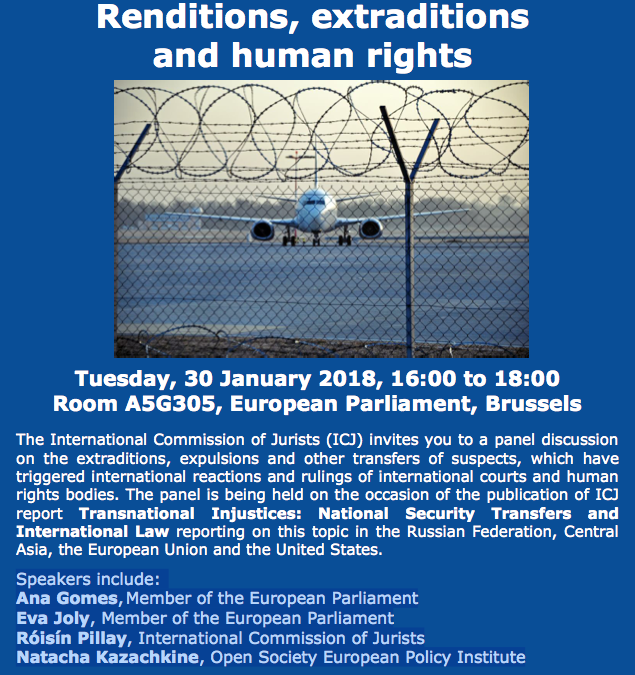
Jan 30, 2018 | Agendas, Events
The ICJ invites you to an event to discuss challenges in prevention of, and accountability for, violations of human rights in renditions and other transfers of suspects, including through past European complicity in US-led renditions, and in ongoing transfers of suspects in the CIS region.
Join us for a discussion marking the EU launch of the International Commission of Jurists’ report, Transnational Injustices: National Security Transfers and International Law. The event is kindly hosted by Ana Gomez and Eva Joly, MEPs.
Panelists will discuss the ongoing practice of states unlawfully rendering people accused of terrorism, accountability for violations of human rights in past renditions, and how the EU institutions and EU Member States should address these.
When: Tuesday 30 January 16.00 – 18.00
Where: Room A5G305, European Parliament, Brussels
RSVP to: anamaria.gomes@europarl.europa.eu
Speakers include:
- Ana Gomes, Member of the European Parliament
- Eva Joly, Member of the European Parliament
- Róisín Pillay, International Commission of Jurists
- Natacha Kazachkine, Open Society European Policy Institute
A flyer for this event is available in PDF format by clicking here.
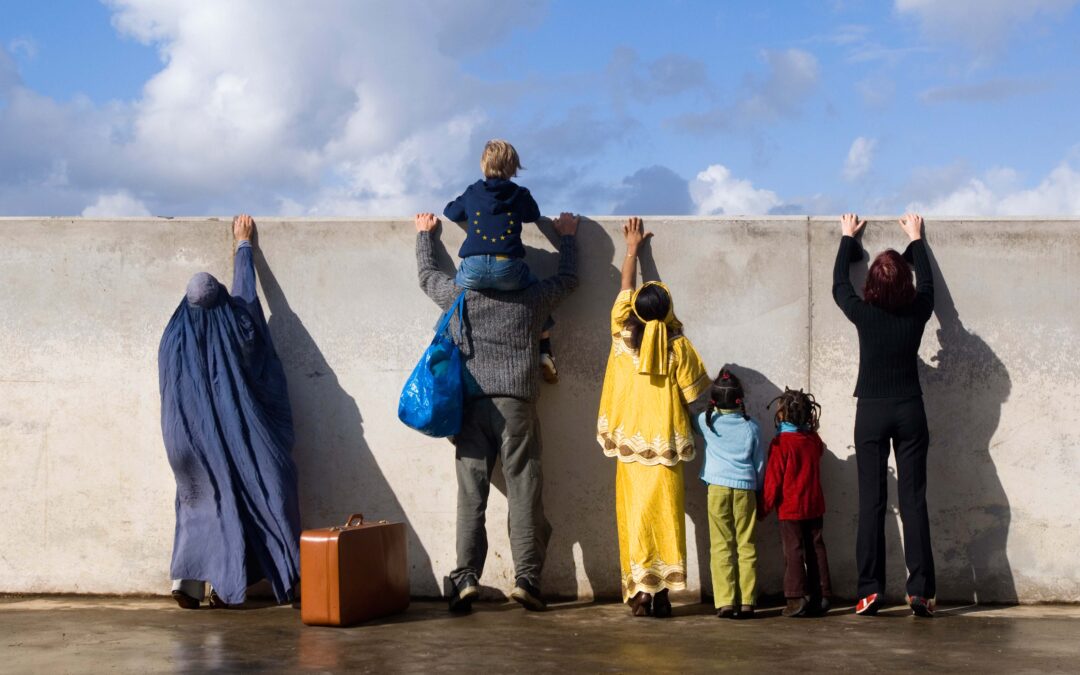
Dec 9, 2017 | Agendas, Events, News
Today begins in Izmir (Turkey) a two-day training for lawyers and CSO practitioners representing and working with migrants, refugees and asylum-seekers.
This event is organized by ICJ, in cooperation with its partners Refugee Rights Turkey, the European Council on Refugees and Exiles (ECRE), Mülteci-Der (MD) and ICJ-EI, as part of the EU co-financed project Fostering Access to Rights for Migrants, Refugees and Asylum-Seekers in Turkey.
30 lawyers and civil society practitioners – representing nine different bar associations and relevant organisations from the Istanbul area and other nearby key migration and asylum locations – are taking part in the training on 9 and 10 December.
The training aims to update lawyers and CSOs on the international and national law on the rights of refugees, migrants and asylum-seekers in order to be effective in their work at both the national and international levels. It aims at an effective implementation of the Turkish legal framework on asylum and migration.
The main thematic areas to be discussed will be the principle of non-refoulement, international protection, detention and access to economic, social and cultural rights.
The training will use as a basis the draft training materials prepared by the ICJ and its partners (to be published an the end of 2019) and, among other sources, the ICJ Practitioners Guide no. 6: Migration and International Human Rights Law.
The project “Fostering Access to Rights for Migrants, Refugees and Asylum-Seekers in Turkey” is funded by the European Instrument for Democracy and Human Rights (EIDHR) of the European Union.
Turkey-Training-Izmir-MigrationAsylum-Agenda-2017-tur-eng (download the agenda in Turkish and English)
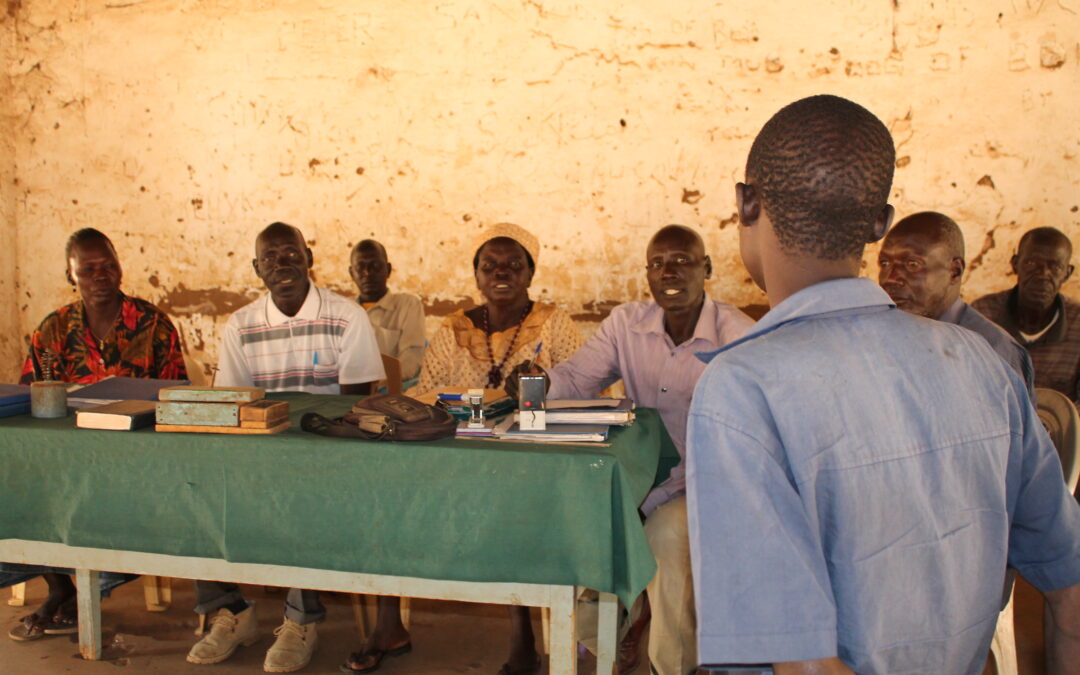
Nov 23, 2017 | Events, News
The 8th Geneva Forum brought together judges, lawyers, and other legal experts from around the world, and relevant UN representatives, to discuss the relationship between traditional and customary justice systems and international human rights, access to justice, and the rule of law.
The potential for improving access to justice
In many countries the majority of legal disputes, especially in rural areas, are resolved by traditional and customary justice systems that are not necessarily recognised by national law as a part of the official court system. The role of traditional and customary justice systems is therefore a key question for realization of “access to justice for all” and “effective, accountable and inclusive institutions” under Sustainable Development Goal 16.
Traditional and customary justice systems are often more practically and culturally accessible to local populations than is the official court system, and may be seen by local people as having greater legitimacy as well. Indeed, official recognition of the existence of traditional and customary courts in a country can be a positive reflection of the international human rights of ethnic, religious or linguistic minorities, or the particular rights of indigenous peoples, or cultural rights more generally.
For marginalized and disadvantaged rural populations in developing countries, traditional and customary courts may in practical terms be the only form of access they have to any kind of justice. Development agencies have increased their engagement with informal justice systems, and are considering much greater investment in capacity-building of such systems, noting their potential to reach large portions of the population who face significant obstacles to realizing access to justice in the official justice system.
The risks for human rights, particularly of women and children
At the same time, the composition, procedures, and outcomes of traditional and customary justice system mechanisms and processes can conflict with the human rights protections contained in international law and standards on human rights and the rule of law.
One key concern is in relation to the rights of women and children. Traditional and customary justice systems may be rooted in patriarchal systems and, as such, can reinforce harmful gender stereotypes and cultural assumptions that are inherently likely to discriminate against women and children and therefore negatively impact upon their rights.
Other concerns include consistency with the right to a competent, independent and impartial tribunal established by law; respect for fundamental guarantees of fairness comprising the right to fair trial; accountability of judicial decision-makers in relation to corruption and other misconduct; and non-discrimination and equality before the law more generally.
Aims of the 2017 Geneva Forum
The discussions at the 2017 Geneva Forum (22-23 November 2017), together with ICJ’s broader global experience and expertise, will provide a foundation for the development by ICJ of legal, policy and practical guidance, including conclusions and recommendations on the role of traditional and customary courts in relation to access to justice, human rights and the rule of law.
The ICJ guidance will take into account the many variations and differences between different traditional and customary courts that exist around the world, while seeking to articulate conclusions and recommendations sufficiently universal to be applicable across the widest possible range of contexts. The focus of the Geneva Forum and the ICJ guidance is intended to be on traditional and customary courts of an informal character and, as such, the ICJ does not intend directly to address formal religious courts or the application of customary law by ordinary formal courts.
Available for download in PDF format:
Compilation of selected international sources on indigenous and other traditional or customary justice sytems, available here.
Final report of the 2017 Geneva Forum on traditional and customary justice systems, available here:
Universal-Trad Custom Justice Gva Forum-Publications-Thematic reports-2018-ENG
Several video interviews with participants are available to view by clicking here.
Information about the subsequent 2018 Geneva Forum on indigenous and other traditional or customary justice systems in Asia, is available here.
For more information, please contact matt.pollard(a)icj.org.
The 2017 Geneva Forum of Judges & Lawyers was made possible with the support of the Republic and Canton of Geneva, Switzerland.
- Photo: “Traditional leaders preside over a case in B-Court, Nyang Payam, Torit County, South Sudan”
- Photo Credit: UNDP South Sudan2016Angelique Reid ©2016 United Nations
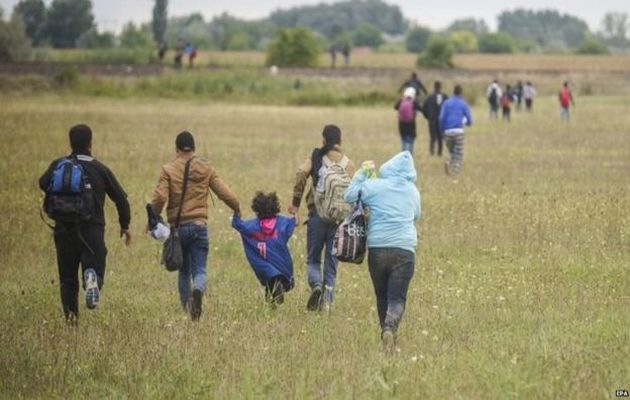
Nov 23, 2017 | Agendas, Events, News
The ICJ delivers today and tomorrow a training for judges on asylum, migration and international human rights law, including non-discrimination, organised by OSCE and the Judicial Academy.
The training, that takes place in the capital Belgrade, will be delivered to judges of all level of jurisdiction of Serbian courts.
It will focus on human rights law related to the entry of migrants, including refugees, to the territory of a State, to the State’s obligations on international protection, the rules applicable to detention of foreign national and their rights, and the prohibition of non-discrimination.
Serbia-Training-MIgrationAsylum-OSCEJA-2017-eng (download the agenda in English)
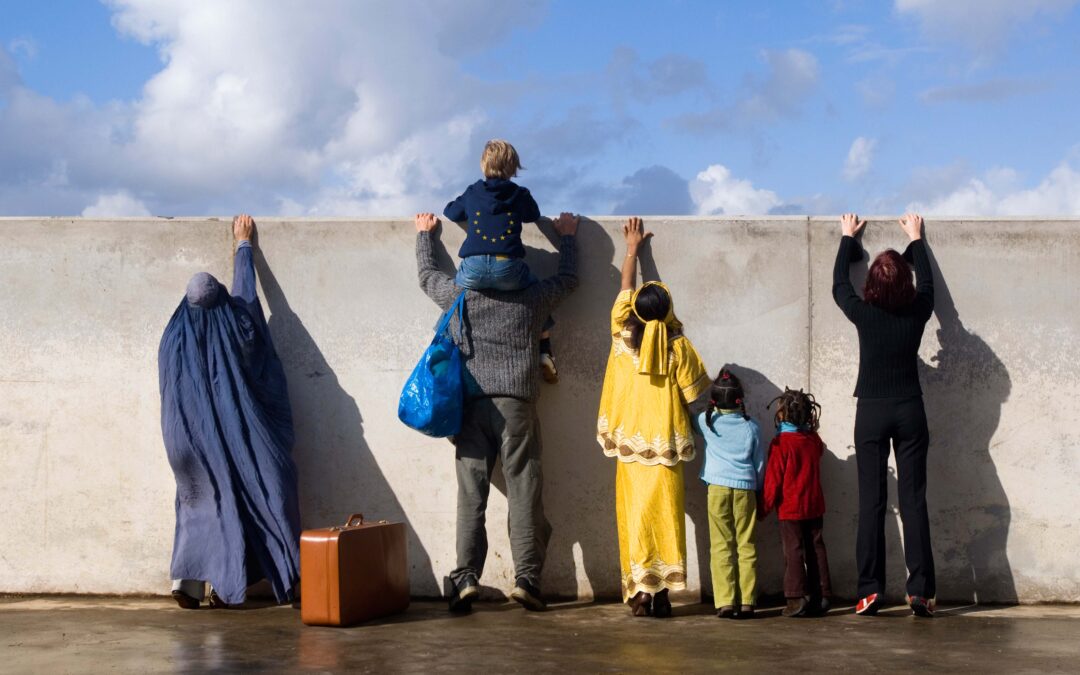
Nov 11, 2017 | Agendas, Events
Today begins in Istanbul (Turkey) a two-day training for lawyers and CSO practitioners representing and working with migrants, refugees and asylum-seekers.
This event is organized by ICJ, in cooperation with its partners Refugee Rights Turkey, the European Council on Refugees and Exiles (ECRE), Mülteci-Der (MD) and ICJ-EI, as part of the EU co-financed project Fostering Access to Rights for Migrants, Refugees and Asylum-Seekers in Turkey.
30 lawyers and civil society practitioners – representing nine different bar associations and relevant organisations from the Istanbul area and other nearby key migration and asylum locations – are taking part in the training on 11 and 12 November.
The training aims to update lawyers and CSOs on the international and national law on the rights of refugees, migrants and asylum-seekers in order to be effective in their work at both the national and international levels. It aims at an effective implementation of the Turkish legal framework on asylum and migration.
The main thematic areas to be discussed will be the principle of non-refoulement, international protection, detention and access to economic, social and cultural rights.
The training will use as a basis the draft training materials prepared by the ICJ and its partners (to be published an the end of 2019) and, among other sources, the ICJ Practitioners Guide no. 6: Migration and International Human Rights Law.
The project “Fostering Access to Rights for Migrants, Refugees and Asylum-Seekers in Turkey” is funded by the European Instrument for Democracy and Human Rights (EIDHR) of the European Union.
Turkey-Training-Agenda-MigrationAsylumIHRL-Istanbul-2017-eng (download the agenda)
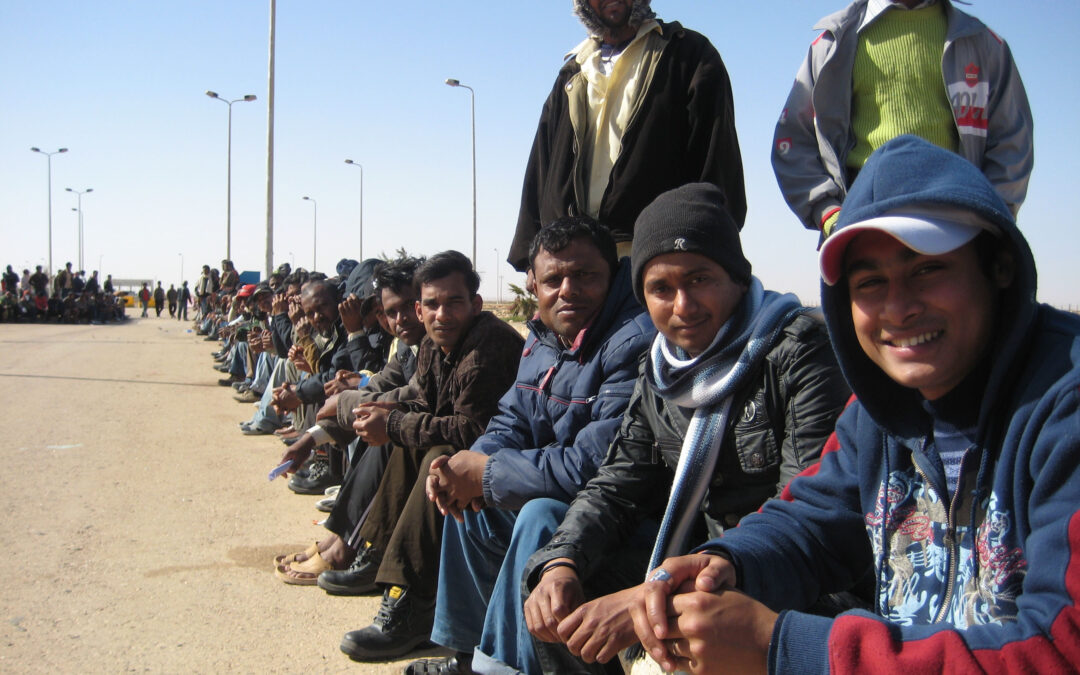
Nov 7, 2017 | Agendas, Events, News
The ICJ delivers today and tomorrow a training on asylum, migration and international human rights law, organised by UNHCR-BiH, the Sector for Asylum of the Ministry for Security and Vaša Prava BiH.
The training, that takes place in the capital Sarajevo, will be delivered to officers of the Government of Bosnia and Herzegovina as well as of independent State institutions.
It will focus on human rights law related to the entry of migrants, including refugees, to the territory of a State, to the State’s obligations on international protection as well as to the rules applicable to detention of foreign national and their rights, and alternatives to detention.
BiH-Training-DetentionMigration&Asylum-ICJ&others-2017-eng (download the agenda in English and Bosnian)










